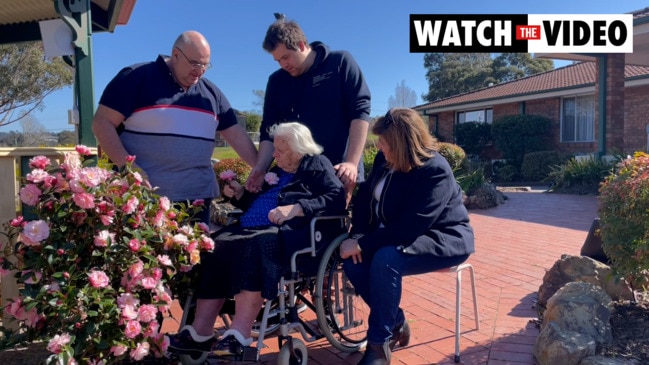Regional nurse bonuses ‘sabotage’ aged care
Aged-care providers say critical labour shortages are being exacerbated as state government incentives for nurses to work in regional hospitals ‘cannibalise’ the workforce.

Aged-care providers say critical labour shortages are being exacerbated by lucrative state government incentives encouraging nurses to work in regional hospitals amid concern the schemes are “cannibalising” the workforce.
The NSW government in June announced incentives of up to $10,000 for nurses who relocated to regional and rural areas, as part of an $883m regional health workforce scheme unveiled in its budget to boost hospital capacity.
The package includes assistance with accommodation, retention payments, additional leave and help with childcare expenses, assistance with transport and housing support, and access to training and education.
Aged-care providers have criticised the incentives for worsening nursing shortages in regional areas amid concern providers may not be able to meet mandatory staffing requirements by 2023.
Aged-care provider Whiddon chief executive Chris Mamarelis said the federal and state governments were competing for workforce like “private enterprise”, and called for greater resource sharing between jurisdictions.
Internal Whiddon recruitment data showed the provider is waiting between two to three months to fill vacant shifts.
The federal government has in the past provided retention payments to encourage nurses to work in aged care, including one-off bonus payments during the pandemic.
“It is insane stuff – we are serving the same communities and yet they are cannibalising the workforce,” Mr Mamarelis said.

“If I can’t find a nurse to be on duty overnight, and we are looking to have nurses on 24/7, why can’t I speak to the hospital next door to have one of their nurses at least on call overnight.”
The shortage may place Labor’s election promise of 24/7 nursing care in residential homes in jeopardy, and comes after a new report that found half of the sector’s workers were planning to leave within three years from low pay and stress.
The Aged and Community Care Providers Association, the nation’s overarching body representing residential, home and community care and retirement living, has estimated the industry is already facing about 48,000 unfilled shifts across residential aged-care homes each week.
ACCPA chief executive Paul Sadler called on the federal government to match state government subsidy schemes in order to reach its election promise.
“Whenever the state authorities do this, we find it more difficult because we’re not in a financial position to respond,” Mr Sadler said.
“We understand the challenge but when the federal government does this and we can’t respond, we find it difficult to fill shifts. We continue to respond individually rather than collectively to these challenges, and we are keen to have a level playing field.
“We need to be able to entice people to come and work in country areas, especially when the 24/7 nursing requirements will increase the pressure on residential aged-care services.”



